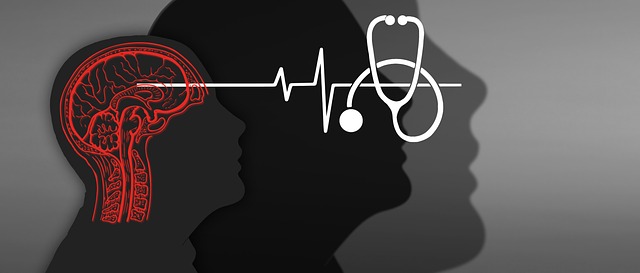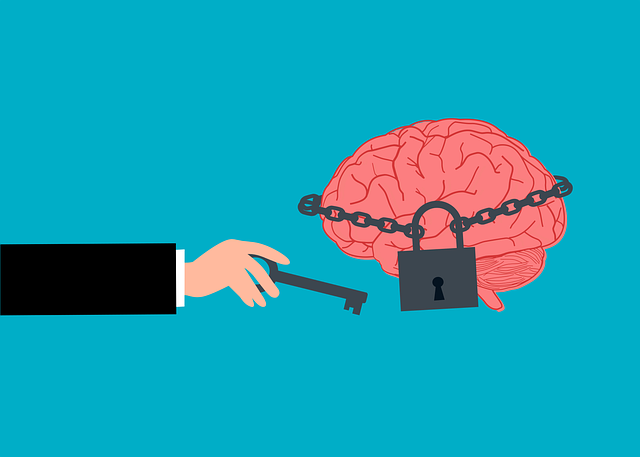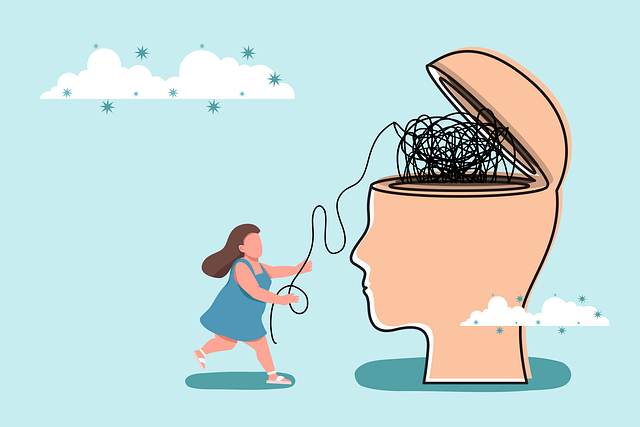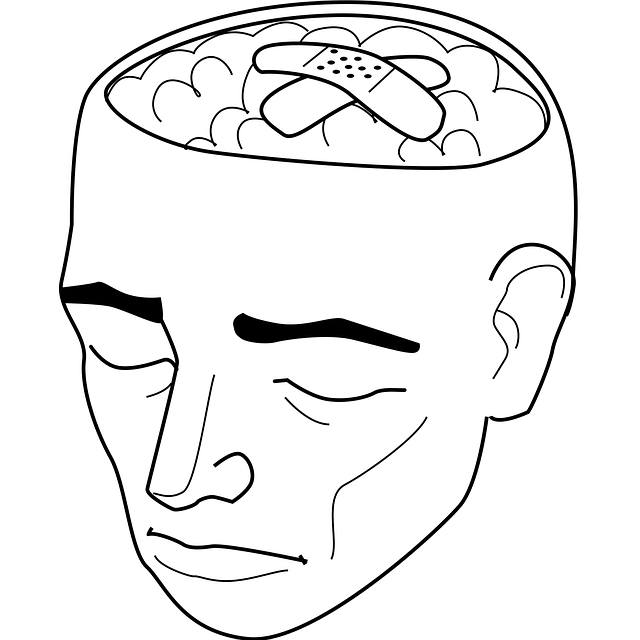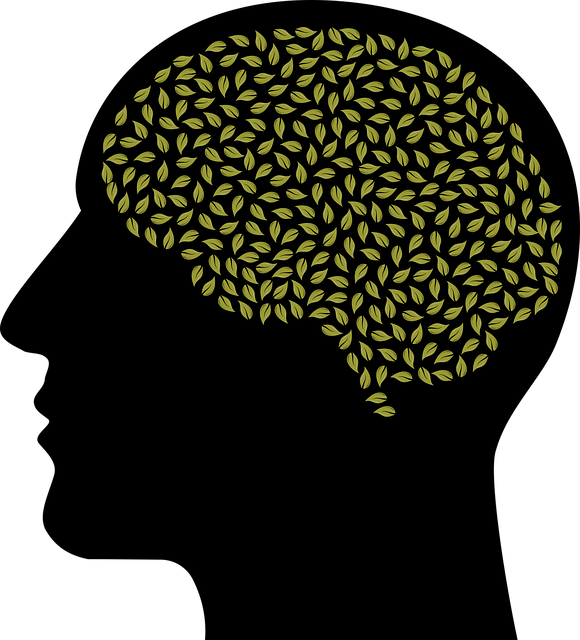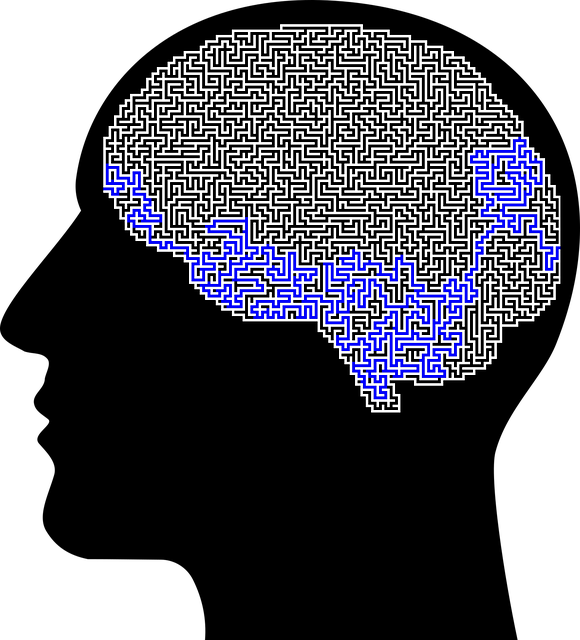Arvada Panic Disorder and Anxiety Attacks Therapy emphasizes the early intervention of chronic stress, a key risk factor for mental health issues like anxiety disorders. Cognitive Behavioral Therapy (CBT), self-care practices, and mindfulness meditation are effective tools to manage symptoms, improve emotional well-being, and build resilience. Professional support is crucial for creating safe environments and tailoring techniques such as Social Skills Training, Conflict Resolution, and Resilience Building, focusing on negative thought patterns and stress management. Lifestyle changes and regular therapy sessions significantly enhance quality of life for individuals dealing with these conditions.
Stress reduction methods are essential for maintaining mental health. This comprehensive guide explores various techniques designed to help manage anxiety, from understanding its impact to implementing effective strategies like CBT, mindfulness, and lifestyle changes. For those in Arvada struggling with panic disorder and anxiety attacks, these approaches offer a powerful toolkit to reclaim calmness and enhance overall well-being.
- Understanding Stress and Its Impact on Mental Health
- Identifying and Managing Anxiety Attacks
- Cognitive Behavioral Therapy (CBT): A Powerful Tool for Stress Reduction
- Mindfulness and Meditation Techniques to Calm the Mind
- Lifestyle Changes and Self-Care Strategies for a Calmer You
Understanding Stress and Its Impact on Mental Health

Stress is a normal part of life, but chronic or prolonged stress can significantly impact mental health. It’s essential to understand that our bodies respond to stressful situations by releasing hormones like cortisol, which prepares us for the ‘fight or flight’ response. While acute stress can enhance focus and productivity, long-term exposure can lead to various mental health issues, including anxiety disorders and depression. In a Mental Health Policy Analysis and Advocacy context, recognizing the signs and effects of stress is crucial for developing effective interventions.
For individuals experiencing frequent anxiety attacks or symptoms of panic disorder, therapy plays a pivotal role in managing stress. Techniques such as cognitive-behavioral therapy (CBT) help individuals identify and change negative thought patterns contributing to their distress. By learning coping strategies and self-care practices (Self-Care Practices), one can effectively manage stress levels, thereby improving overall mental well-being. Additionally, professionals should consider a comprehensive risk assessment to ensure safe and supportive therapeutic environments.
Identifying and Managing Anxiety Attacks

Many people struggle with anxiety attacks, often a symptom of underlying conditions like Arvada Panic Disorder. Identifying and managing these episodes is crucial for improving quality of life. The first step is recognizing the physical and emotional cues—heart racing, shortness of breath, intense dread—that signal an impending attack. Once identified, various techniques can help mitigate their impact.
Therapy plays a significant role in managing anxiety attacks, offering evidence-based approaches like Social Skills Training to improve interaction with others, Conflict Resolution Techniques for handling tense situations calmly, and Resilience Building to cope with stressors more effectively. These strategies not only help during an attack but also equip individuals with long-term tools to navigate anxious moments with increased confidence and control.
Cognitive Behavioral Therapy (CBT): A Powerful Tool for Stress Reduction

Cognitive Behavioral Therapy (CBT) is a highly effective and evidence-based method for managing stress and anxiety disorders, including Arvada Panic Disorder and Anxiety Attacks. This therapy focuses on identifying and changing negative thought patterns and behaviors that contribute to stress and emotional distress. By helping individuals challenge their distorted thinking and gain a more balanced perspective, CBT empowers them to regulate their emotions more effectively.
Through structured sessions with a trained therapist, CBT teaches valuable coping strategies for stress management. It encourages patients to become aware of their triggers and develop healthier ways of responding. This process not only reduces the frequency and intensity of anxiety attacks but also fosters emotional regulation skills, making it a powerful tool in both personal and professional settings. Moreover, participating in CBT can enhance one’s overall well-being, leading to better mental health and improved quality of life.
Mindfulness and Meditation Techniques to Calm the Mind

Mindfulness and meditation have emerged as powerful tools to combat stress and its related disorders, such as panic attacks and anxiety. These ancient practices focus on training the mind to be present in the moment, observing thoughts and feelings without judgment. Through regular practice, individuals can develop a greater sense of self-awareness, emotional regulation, and resilience.
In the context of Arvada Panic Disorder and Anxiety Attacks Therapy, mindfulness meditation encourages individuals to acknowledge their anxious thoughts and sensations while gently guiding them back to a state of calm. This process involves focusing on the breath, bodily sensations, or guided visualizations. Effective communication strategies, often integrated into these practices, facilitate emotional healing processes by fostering open dialogue about one’s experiences and fostering supportive environments for mental health professionals.
Lifestyle Changes and Self-Care Strategies for a Calmer You

Making lifestyle changes and adopting self-care strategies can significantly reduce stress levels and even help manage conditions like Arvada panic disorder and anxiety attacks. Regular exercise, for instance, releases endorphins that boost mood and decrease stress hormones. This simple yet effective practice can help create a sense of calm and control. Incorporating mindfulness techniques, such as meditation or deep breathing exercises, can also promote emotional well-being promotion techniques and reduce the intensity of anxiety symptoms.
Additionally, prioritizing quality sleep, maintaining a balanced diet, and setting realistic boundaries in work and personal life are essential self-care practices. These changes not only enhance overall health but also build resilience to stress. For individuals dealing with anxiety disorders, therapy can be transformative, offering tailored techniques to manage symptoms and improve the quality of life. Arvada panic disorder and anxiety attack therapy focuses on understanding triggers, identifying unhealthy coping mechanisms, and developing confidence-boosting strategies for a calmer and more balanced you.
Stress reduction is a journey unique to each individual, but with the right tools and support, it’s achievable. By understanding stress, identifying triggers, and adopting effective strategies like CBT, mindfulness, and self-care, one can significantly improve their mental well-being. For those struggling with anxiety attacks or panic disorder in Arvada, seeking professional help is a proactive step towards reclaiming control over one’s life. Integrating these practices into daily routines empowers individuals to navigate life’s challenges more calmly and resiliently.

